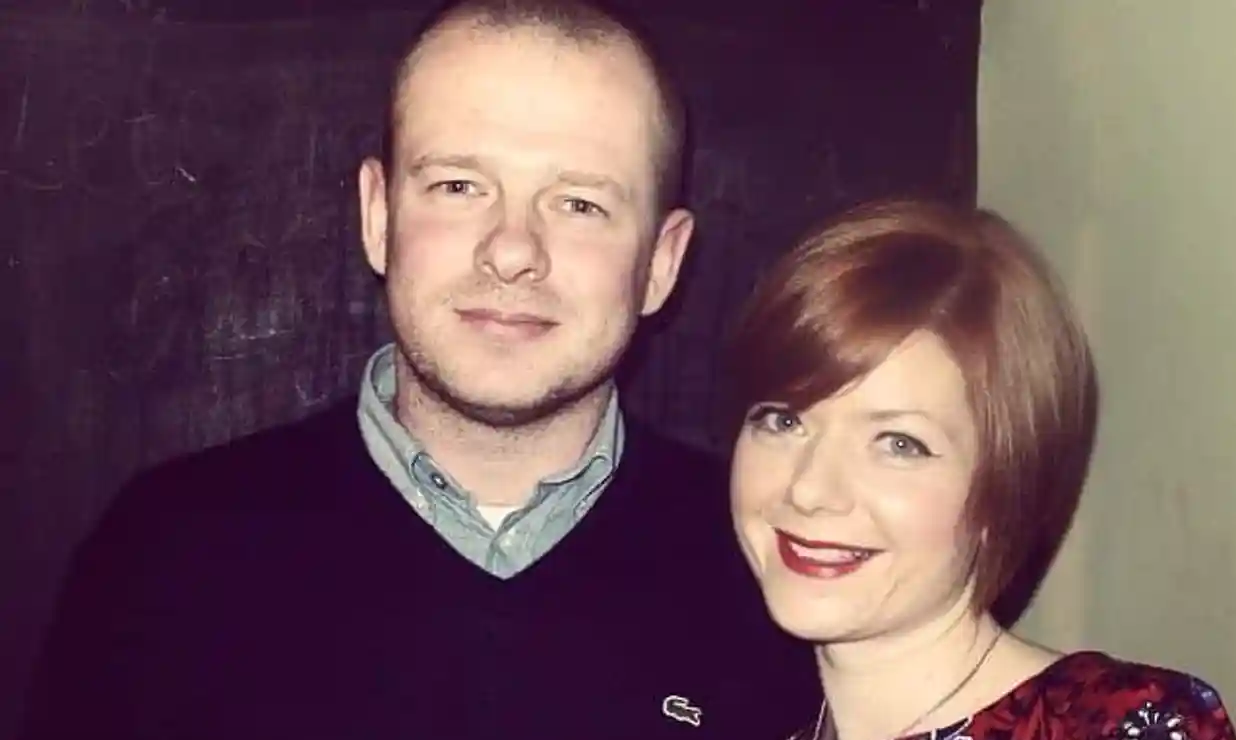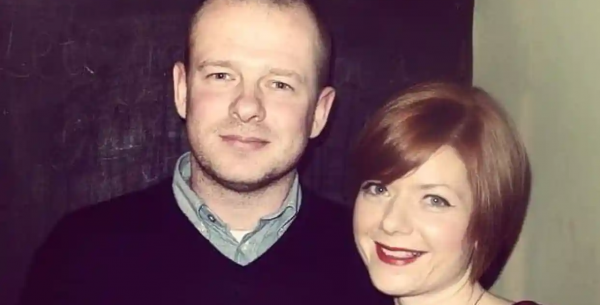Gambling Killed My Husband
Luke was lured in with the promise of "free bets" and now he's dead.
Annie Ashton, in an opinion piece for The Guardian writes that "I am campaigning to have this kind of marketing banned."
She is likely the first of many, particularly in the US where you can't even exit the Lincoln Tunnel for under a minute without being subjected to billboards for the likes of Bet365 and others. It's the first thing that small children see. As such, they are being groomed to begin gambling at an early age with the lure of free stuff.
Annie lives in the UK, once an open market for this type of advertising. Not any more.
That nation set up an Advertising Standards Authority that routinely fines companies that engage in irresponsible target adverting. It is a precurser to what will be happening in the US sooner than later no doubt.
Just how far out of control has the situation gotten? On Monday, DraftKings began pushing a Twitter ad encouraging individuals to sign a Florida gambling petition. By doing so, they would be rewarded with $100.
But sports betting in the Sunshine State is still not permitted by in-state operators. As a result, the $100 is only rewarded once a Florida resident opens a betting account as soon as the activity becomes legalized. That won't happen until 2023 the earliest.
Annie says she wants these types of advertisements banned as they feed off of people's desperation.

"About two years before his death, Luke developed a gambling disorder. He started gambling with friends on a Saturday, placing bets at a local bookies while watching Leicester City, his football team. At the time, I didn’t think it was dangerous – I had no idea that gambling kills so many people," Annie writes of her beloved late husband.
"Soon, Luke began to bet online. He opened multiple accounts, taking advantage of “free bets” – aggressive marketing offers used by online bookmakers to lure people into gambling. From there, he was encouraged to bet on sports, like horse racing, that he knew little about. It didn’t take long for him to get into a lot of debt and start chasing his losses."
Luke would ultimately commit suicide.
"It is not in the gambling industry’s interests to stop people developing gambling addictions. It spends £1.5bn a year on advertising to bring in customers to get hooked on its products for profit. Some 60% of its profits come from from 5% of customers who are already problem gamblers, or are at risk of becoming so. And they are huge profits – the UK industry is worth about £14bn.
"These companies know a staggering amount about their customers – in some cases they will know if someone earning £30k a year has gambled £60k in a few months, and do nothing to stop it. They track their habits and patterns and vulnerabilities online to find out when best to advertise to them and what kind of emails they are most likely to open. They could, if they wanted to, use this information to help people, to block their accounts; but often they use it to drag them further into addiction."
- Jagajeet Chiba, Gambling911.com














